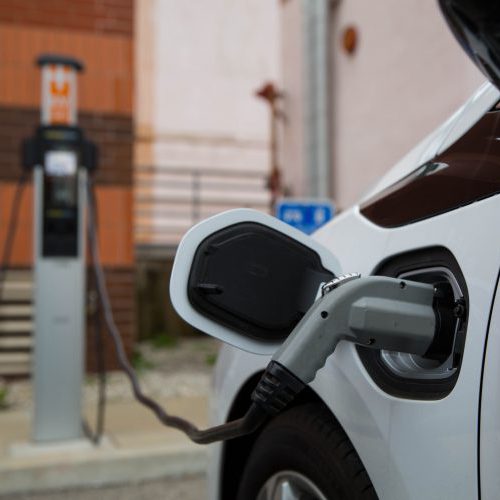Cars and Drivers
Electric Car Sales Surged in 2016, Fueled by China Market, Says IEA Report

Published:
Last Updated:

The number of electric vehicles on the road worldwide doubled to 2 million in 2016, fueling a boom in a market that barely existed 10 years ago, according to a report Wednesday from the International Energy Agency (IEA).
New registrations of electric cars climbed by 750,000 in 2016 worldwide, led by China, which accounted for 40% of the electric cars sold in the world. China registered 336,000 new electric cars in 2016.
Norway far and away has the largest share of electric cars of any country, accounting for 29% of its domestic market. The Netherlands was next with 6.4%, followed by Sweden at 3.4%. China, France and the United Kingdom all have electric-car market shares of almost 1.5%.
Electric-car registrations in the United States rebounded to 160,000 units in 2016 after a slight drop the prior year. The U.S. electric-car market is just under 1%.
Until 2015, the United States accounted for the largest portion of the global electric car inventory. In 2016, China became the country with the largest electric car stock.
Major car makers have made recent announcements about electric car roll-outs. Volkswagen, trying to rebound from its emissions scandal, plans to introduce four affordable electric vehicles as part of a goal to sell more than 2 million battery-powered vehicles a year by 2025. Mercedes-Benz is fast-tracking the introduction of 10 electric vehicles by three years to 2022. Tesla Inc. (NASDAQ: TSLA) intends to sell at least a million electric cars by 2020.
A multi-government campaign titled the Electric Vehicle Initiative on Thursday is setting a goal for 30% market share for battery power cars, buses, trucks and vans by 2030, according to IEA. The 10 governments in the initiative include China, France, Germany, the United Kingdom and United States.
The IEA said in its report that the rise in the electric-car market “is largely influenced by the policy environment.”
Some cities have provided incentives to mainstream electric-car use, such as installing charging points. Utrecht in the Netherlands offers a 500 euro subsidy per private charging point. Beijing has placed a ceiling on the fee that needs to be paid to use public charging electricity infrastructure.
Vancouver is modifying its building code to require that each new, single-family dwelling is capable of supporting charging infrastructure, and that 20% of the parking stalls in multifamily buildings have wire conduits for accommodating electric-car outlets, the first North American city to require such connectivity
An ordinance in San Francisco also includes provisions to facilitate electric car charging in buildings.
Electric cars still outnumber public charging stations by more than six to one, meaning that most drivers rely primarily on private charging stations.
Thank you for reading! Have some feedback for us?
Contact the 24/7 Wall St. editorial team.